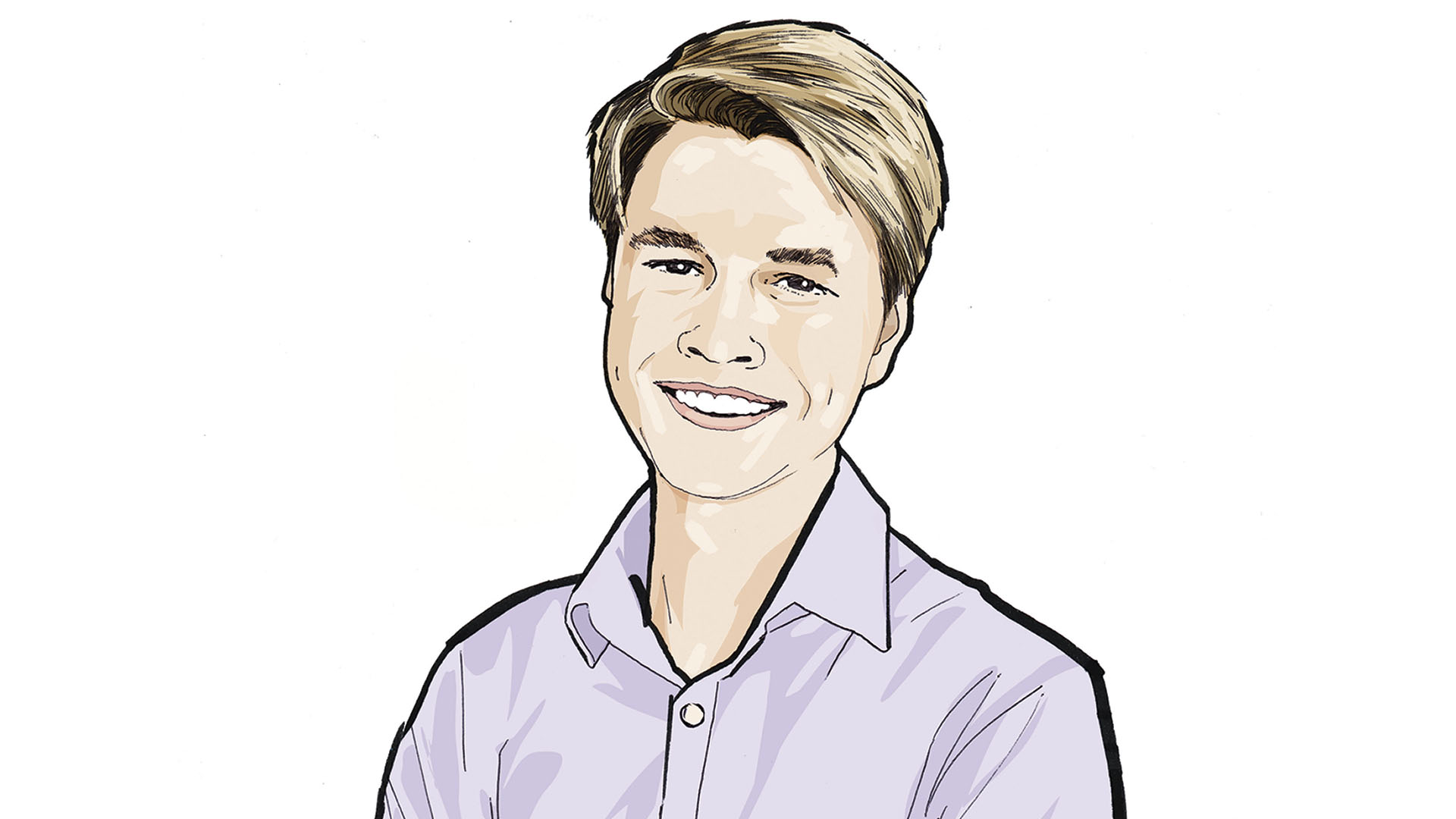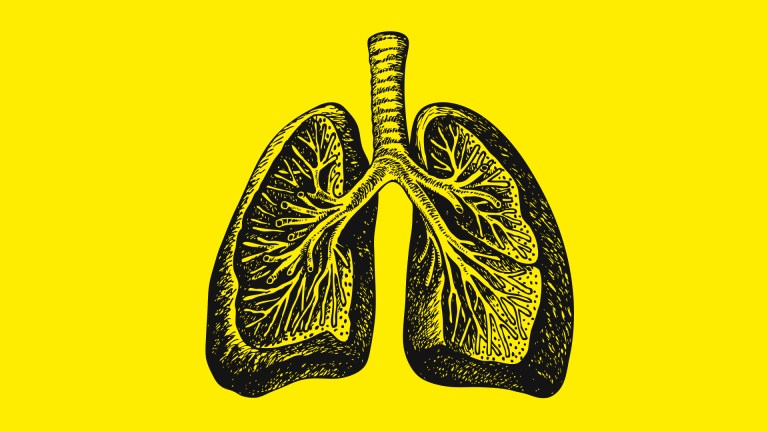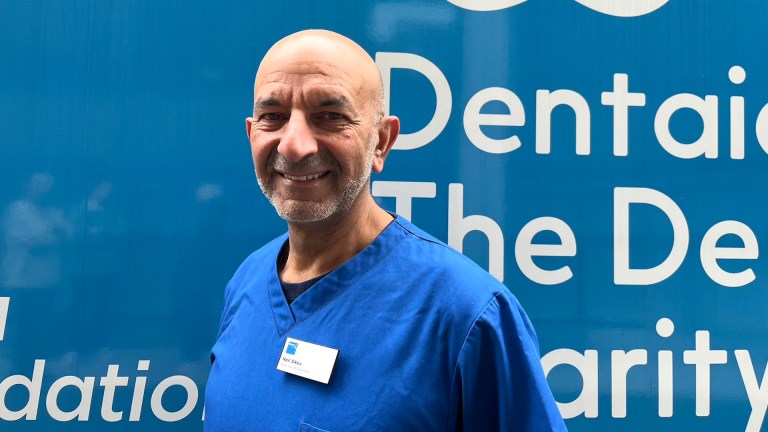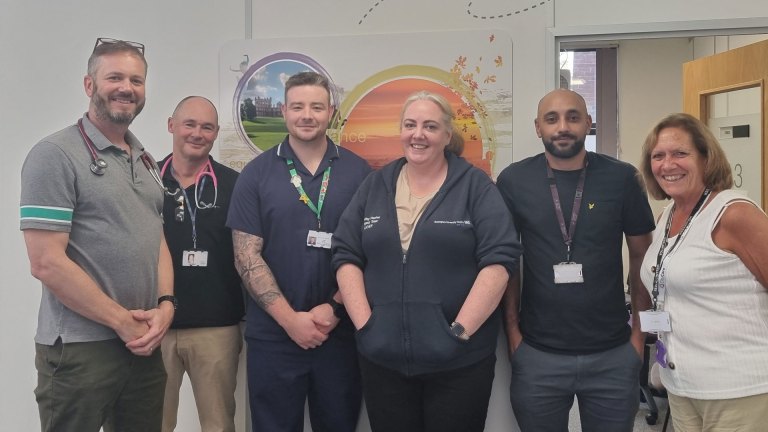This Mental Health Awareness Week, 24-year-old Danny Bowman is leading the charge against stigma and silence. The up-and-coming activist was diagnosed with body dysmorphic disorder as a teenager, taking selfies 10 hours a day and feeling trapped by disordered eating habits. Eight years into recovery, he’s now a leading campaigner for better mental health care and an end to the narrative that eating disorders only affect women. Running campaigns for think tank Parliament Street while serving as vice chair for body image charity MaleVoicED, he has produced research for the government, given talks to thousands around the country, chaired events in parliament – and stuck it to Piers Morgan on live TV.
“I had a pretty normal childhood. I was happy and played rugby,” Bowman says, reflecting on his adolescence in Newcastle. But when he was 14, he developed an unhealthy fixation on his appearance. The combined pressures of moving to a different school, puberty, rejection from a modelling agency and growing white noise from the image-obsessed media led Bowman to develop body dysmorphic disorder, an anxiety disorder related to body image. “I associated popularity and success with the way I looked,” he says.
Bowman sought validation from friends through social media, but it didn’t help and he grew more critical of his appearance. He found himself positioned in front of a mirror for up to 10 hours a day, taking as many as 200 selfies in that time. He became so unwell that he had to drop out of school.
I didn’t feel like I could leave the house because I thought my appearance was so awful that I’d scare people.
Bowman was housebound for six months. “I didn’t feel like I could leave the house because I thought my appearance was so awful that I’d scare people. My day-to-day activities revolved around trying to perfect my appearance, reducing my food intake and purging.” When Bowman was at his lowest point, he took a deliberate overdose of medication before being discovered by his mum and rushed to hospital.
Bowman realised even then that accessing the services he needed wouldn’t be easy. He was put in contact with what he calls life-saving therapy, but he had to make weekly trips to the anxiety disorders and trauma centre at London’s Maudsley Hospital. Bowman was 16 when he started to “very slowly” recover, though he notes that this is not a linear process.
He linked up with youth charity Fixers. “I wanted to stop focusing on myself and start focusing on others,” he explains. He designed a campaign to improve services for young people with mental health and body image issues and recorded a short video which, to his surprise, went viral online and was picked up by national press. It was the first time he’d heard that sharing his story made others feel less alone.










